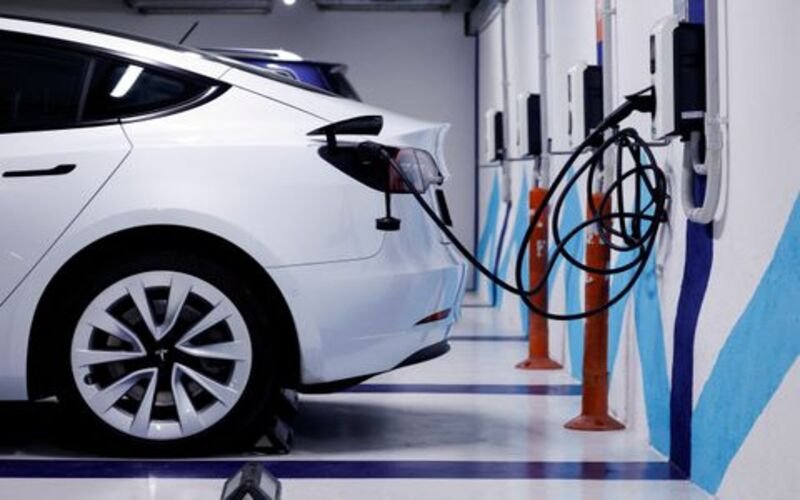The European Court of Auditors (ECA) warned that access to raw materials, growing costs, and tough competition could prevent Europe from becoming a worldwide battery powerhouse.
The paper warns that the EU’s climate targets depend on electric vehicle adoption, which uses cobalt, nickel, and lithium batteries.
The EU’s independent external auditor, the ECA, reported that roughly 20% of new automobiles registered in 2021 had electrical plugs. Demand will rise as 30 million zero-emission vehicles enter European roads by 2030, and new petrol and diesel automobiles will be prohibited by 2035.
The EU’s policy hasn’t considered its ability to supply this additional battery demand.
Will the EU become a global battery powerhouse to ensure economic sovereignty? “The odds are not good,” ECA audit leader Annemie Turtelboom told reporters.
“We are facing the risk that either the EU will miss its emissions goals for 2035 or that it will reach this target through imported batteries…which would harm European industry and come at very high prices from third countries.”
Geopolitical issues could cause shortages in the EU’s raw material supply. The ECA stated the EU imported 78% of five critical commodities.
“The EU must not end up in the same dependent position with batteries as it did with natural gas from Russia,” Turtelboom added.
The Democratic Republic of Congo supplies two-thirds of the world’s cobalt, China 40% of natural graphite, and the EU 100% of refined lithium. China makes 76% of batteries.
European extraction is too slow. Portugal expects production to begin in 2026.
The ECA also noted the EU lags on cost-competitiveness due to high energy prices, obsolete and insufficient EU Commission statistics, and uncoordinated public spending that causes overlaps.













































